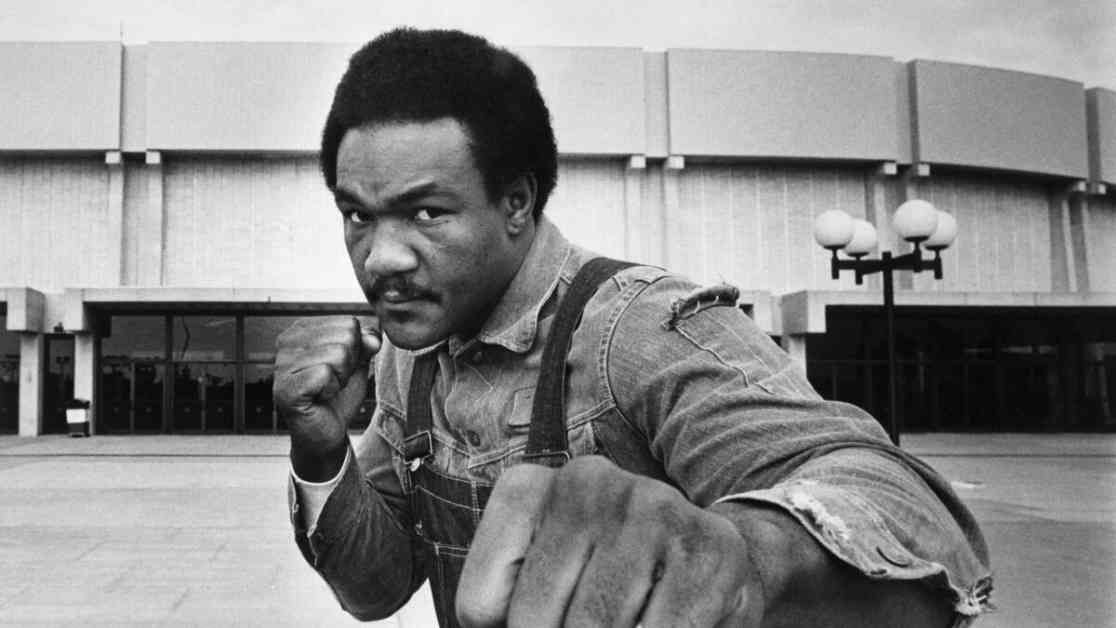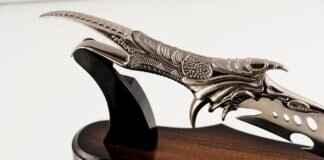Renowned Boxer George Foreman Passes Away at 80
George Foreman, the legendary boxer immortalized in the historic “Rumble in the Jungle” match against Muhammad Ali, has left behind a legacy that spans far beyond the boxing ring. Known for his fierce demeanor in fights and his warm charisma outside of them, Foreman passed away at the age of 76, leaving a profound impact on those who knew him. His family announced his passing on social media, highlighting his roles as a devoted husband, father, and influential figure in various fields.
A Life of Reinvention and Success
Beyond his boxing career, Foreman’s entrepreneurial spirit and charisma propelled him to success in various endeavors. He became a household name as the face of the George Foreman Lean Mean electric grill, a product that resonated with consumers worldwide. Despite being best known for his boxing prowess, Foreman’s ability to connect with audiences on a personal level and exude authenticity played a significant role in his success as a pitchman and entrepreneur.
The Personal Side of George Foreman
Foreman’s personal life was marked by unique choices and experiences, including his decision to name all five of his sons George. This unconventional choice, aimed at fostering a sense of unity and shared identity among his children, showcased Foreman’s commitment to family values and togetherness. His colorful and varied career, punctuated by multiple marriages and fathering numerous children, added layers to his persona as a larger-than-life figure both in and out of the ring.
A Champion Inside and Outside the Ring
Throughout his life, Foreman faced challenges that tested his resolve and character. From a tumultuous childhood marked by poverty and delinquency to a transformative moment of self-reflection during his teenage years, he overcame adversity to become a beacon of inspiration for others. His journey from troubled youth to Olympic gold medalist and heavyweight champion exemplified the power of redemption and personal growth.
A Lasting Legacy and Impact
As tributes poured in from friends, colleagues, and fans, Foreman’s impact on the world of boxing and beyond became evident. Colleagues such as longtime boxing announcer Jim Lampley praised Foreman’s character and humanity, underscoring his influence as a fighter and as a person. Despite the highs and lows of his career, Foreman’s resilience and unwavering faith shone through, leaving an indelible mark on those who knew him.
Looking Ahead
As Foreman’s legacy endures in the hearts of those who admired him, his contributions to boxing, entrepreneurship, and philanthropy serve as a testament to his enduring spirit. While his passing marks the end of an era, his memory lives on in the stories of those whose lives he touched. As the world mourns the loss of a true legend, George Foreman’s legacy continues to inspire future generations to pursue their dreams with passion, determination, and unwavering faith.
In conclusion, George Foreman’s impact transcends the boundaries of sports and entertainment, leaving behind a legacy that will be remembered for generations to come. May his legacy inspire us all to embrace life’s challenges with courage, resilience, and a sense of purpose.















